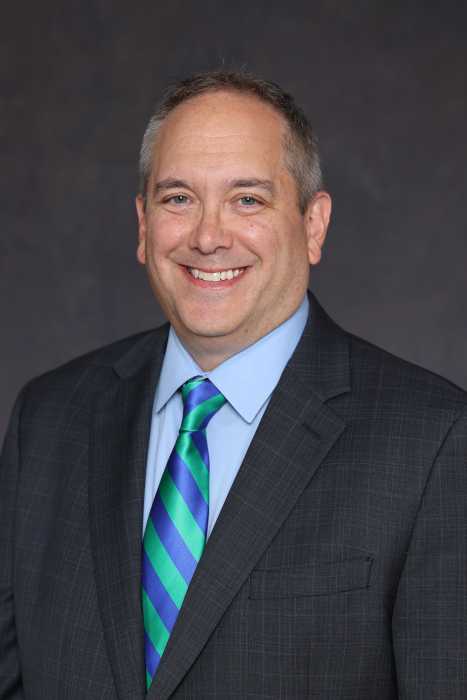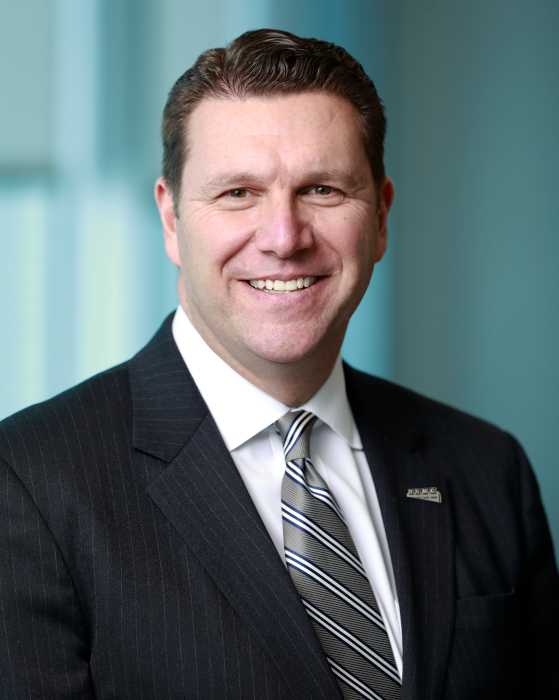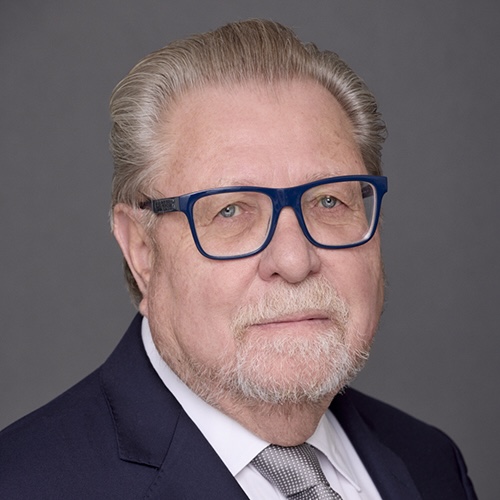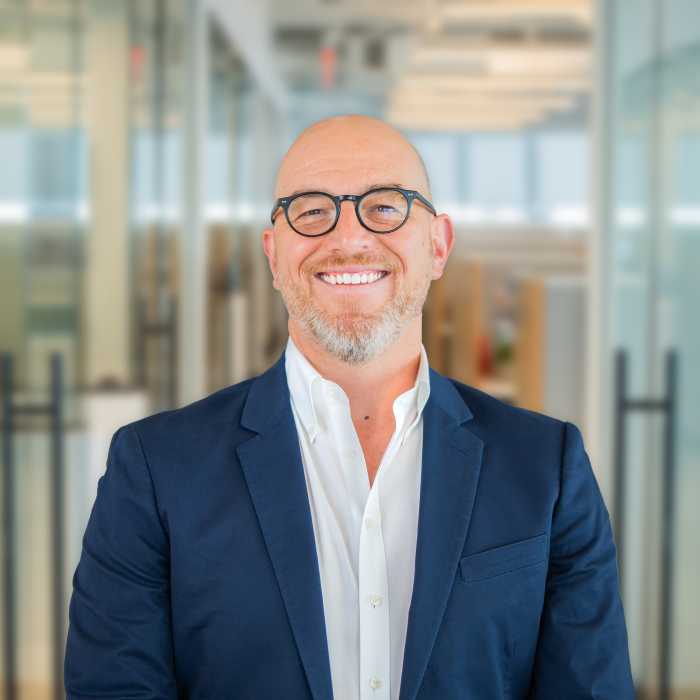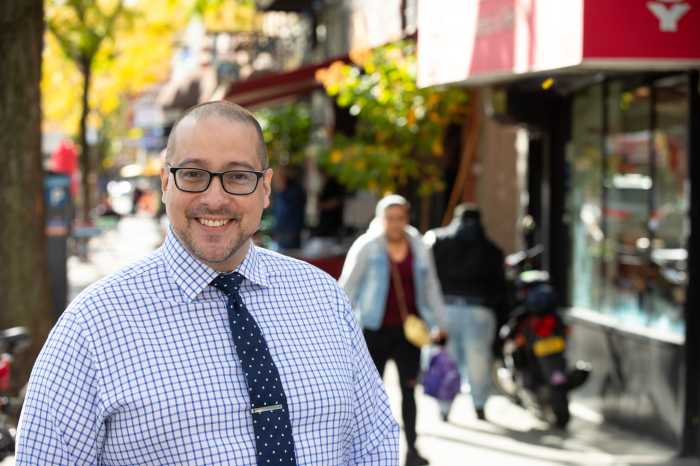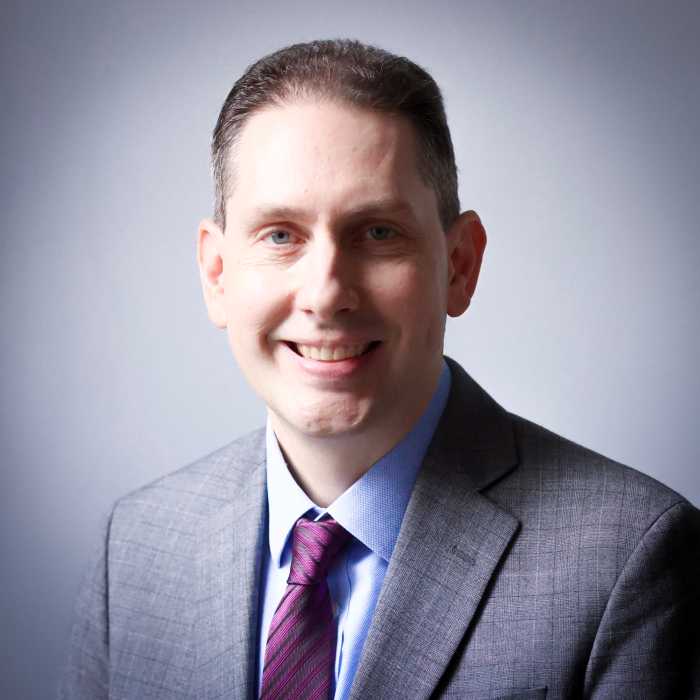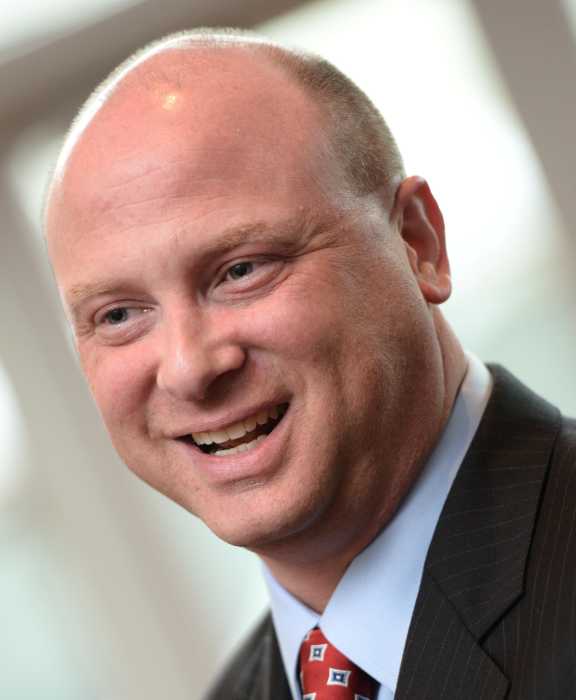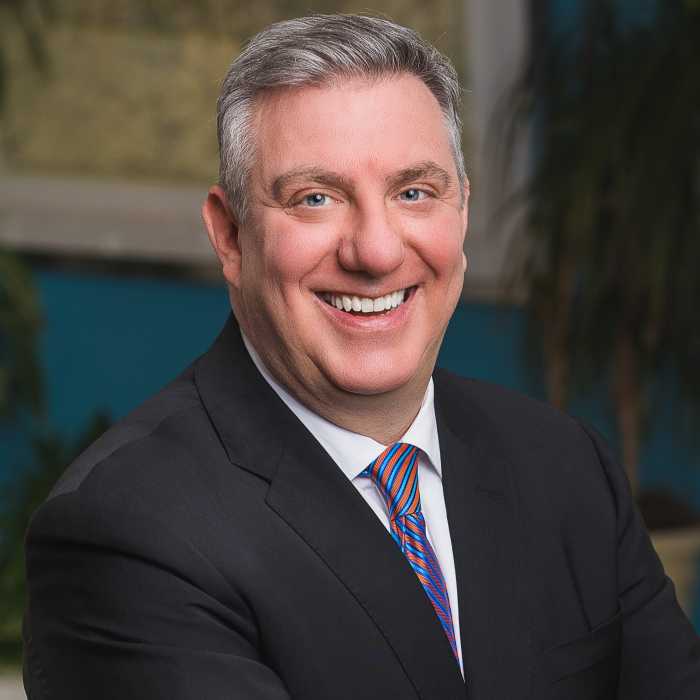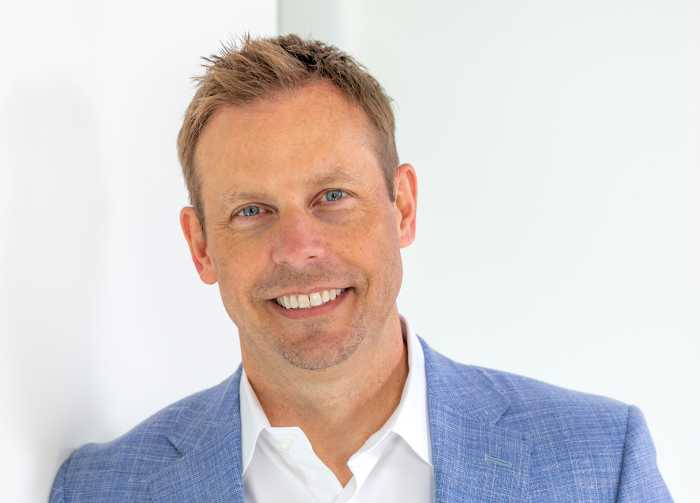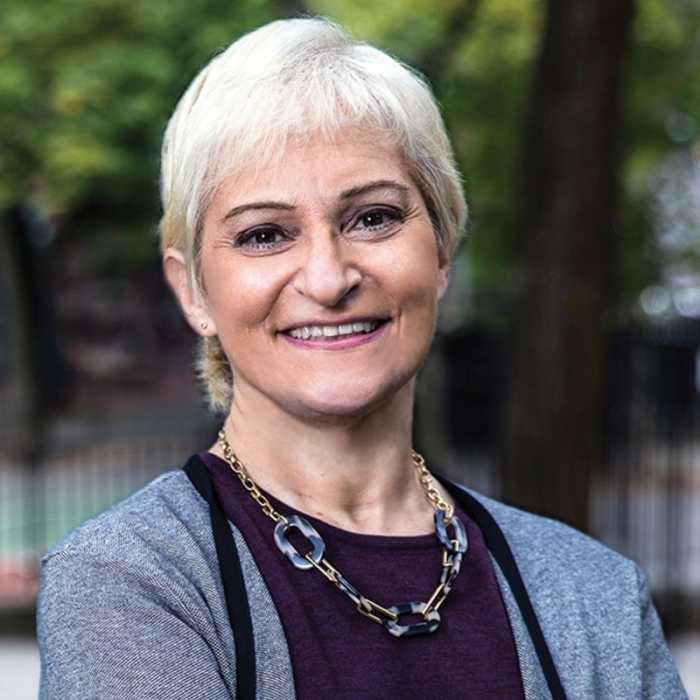Daniel Pichinson, MBA serves as president and CEO of Ryan Health, a nonprofit community health center with locations stretching from Washington Heights to the Lower East Side. Dan possesses three decades of experience in health care focused on increasing access to care for vulnerable New Yorkers. He has held this role since January 2024. Previously, Dan successfully led Ryan Chelsea-Clinton (RCC), an affiliated center of Ryan Health, as executive director for six years.
Do you have advice for those interested in joining the health care field?
Absolutely! Start by exploring different roles within health care to find your passion, whether it’s patient care, research, or administration. Gain relevant experience through volunteering or internships to build skills and connections, and stay informed about industry trends. Develop strong communication and empathy skills, as they are crucial in this field. Finally, be prepared for lifelong learning, as health care is constantly evolving. Your dedication can make a real difference in people’s lives!
How can policymakers support New York’s health care system?
Policymakers in New York need to adequately fund primary care. Exceptional primary gets and keeps individuals and communities healthy, yet it is woefully underfunded in NY. Medicaid rates for Community Health Centers have not been rebased in 25 years. Ryan Health supports the Primary Care Coalition’s proposal that no less than 12% of total health care spending in the state be dedicated to primary care.
What is the most important lesson you’ve learned in your career so far?
The most important lesson I’ve learned is the value of community engagement. Building strong relationships with patients, staff, and local organizations fosters trust and collaboration, which are essential for delivering effective care. Listening to the needs and feedback of the community allows us to tailor our services and address health disparities. Ultimately, a successful health center is one that prioritizes the voices of those it serves, ensuring that care is accessible, relevant, and impactful.


